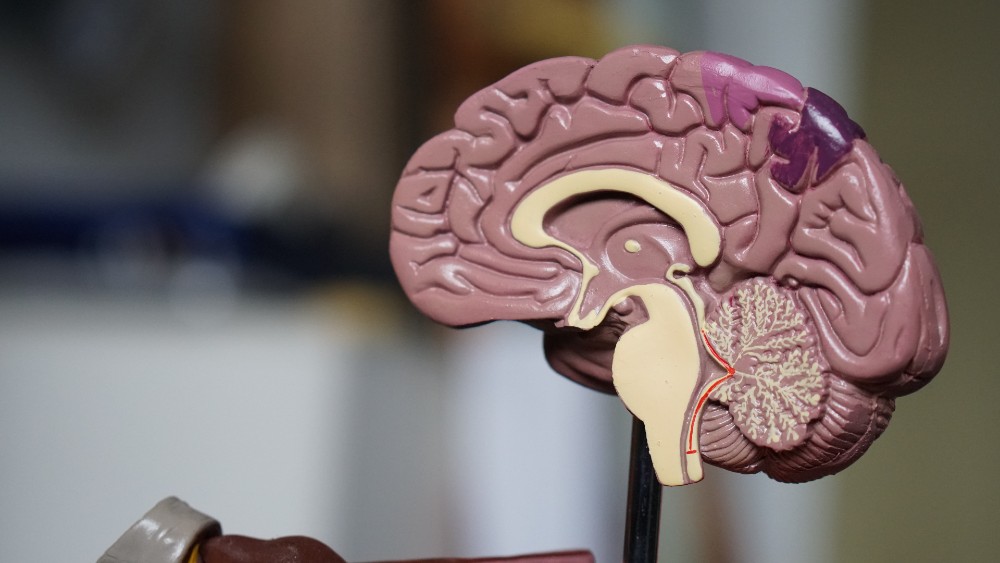There has been a small number of cases of ischaemic stroke reported in young adults following administration of a coronavirus vaccine.
Clots in the arteries have been reported in detail for the first time in young adults who received the Oxford–AstraZeneca vaccine.
UK stroke specialists published the findings online in the Journal of Neurology Neurosurgery & Psychiatry.

While rare cases of blood clots have been reported previously after administration of the Oxford–AstraZeneca covid-19 vaccine, these have affected veins and most specifically veins in the brain.
People who have experienced this unusual form of stroke have also had low platelet counts and high levels of proteins that help form clots.
The most common form of stroke, where blood clots occur in arteries supplying blood to the brain, has not been a problem previously, following administration of the Oxford–AstraZeneca vaccine, but the authors of this letter report three cases in detail.
In all cases, the stroke was associated with blockages of large arteries and two patients also had a blood clot in their veins involving the portal and cerebral venous system.

The lead author, Professor David Werring from the Stroke Research Centre, UCL Queen Square Institute of Neurology, says that the cases described suggest that, in addition to blood clots in veins, vaccine-induced blood clots (VITT) can also lead to clots that block arteries supplying the brain, causing ischaemic stroke.
The authors say: “Young patients presenting with ischaemic stroke after receiving the [Oxford-AstraZeneca] vaccine should urgently be evaluated for VITT with laboratory tests, and managed by a multidisciplinary team for rapid access to treatments.”
Professor Hugh Markus, from the Department of Clinical Neurosciences, at the University of Cambridge, writes: “During the current period of covid vaccination a high index of suspicion is required to identify thrombotic episodes following vaccination.
“However, it is important to remember that these side-effects are rare, and much less common than both cerebral venous thrombosis and ischaemic stroke associated with covid-19 infection itself.”

